Donors
Information and links for people considering donating sperm, eggs or embryos and for people who have been donors in the past.
Information and links for people considering donating sperm, eggs or embryos and for people who have been donors in the past.

Becoming a donor is a really important decision that needs careful consideration. It can be an amazing gesture to support potential parents who can’t otherwise have a child but there are lifelong implications of doing so.
Here are some things you might like to do before starting on your donation journey:
Some people having fertility treatment may be offered egg sharing. This is where a woman may be offered free or discounted IVF in exchange for donating half of the eggs retrieved during their treatment to another person or couple. This can be a great way to support someone else on their fertility journey and to make fertility treatment more affordable. But as with all donation there are important things to think through and lifelong implications if a child is conceived as a result of your donation. For more information do have a look at the HFEA website.
Welcome to the EDNA Films – a thought provoking film series bringing real voices and lived experience of past egg donors to the forefront of discussions around egg donation. Each short clip focuses on a different topic: their motivations to become a donor; the physical aspects of donation; the compensation they received for donating; how they talk to others about being a donor; writing letters and pen portraits to donor-conceived individuals; and the advice they would give to others thinking about donation. Through compelling stories and expert insight, the EDNA Films aim to deepen understandings, challenge assumptions and inspire conversation about reproduction. Available to watch now, these films are ideal for anyone interested in the complexities of egg donation, anyone thinking about becoming an egg donor, anyone interested in conceiving using donated eggs, anyone who is a donor conceived person as well as educators, students and professionals.
The films were made as part of the EDNA Study, a large-scale research project about egg donation in the UK and other countries in Europe, led by researchers from The Centre for Reproduction Research at De Montfort University. Special thanks is given to the women who took part in the production of the films, along with Mutual Shoots, SEED Trust, Fertility Network UK, Donor Conception Network, the Human Fertilisation and Embryology Authority (HFEA).
In this film donors share their motivations to donate their eggs, including wanting to help others once their own family was complete, being aware of the shortage of egg donors, and knowing others who had donated their eggs.
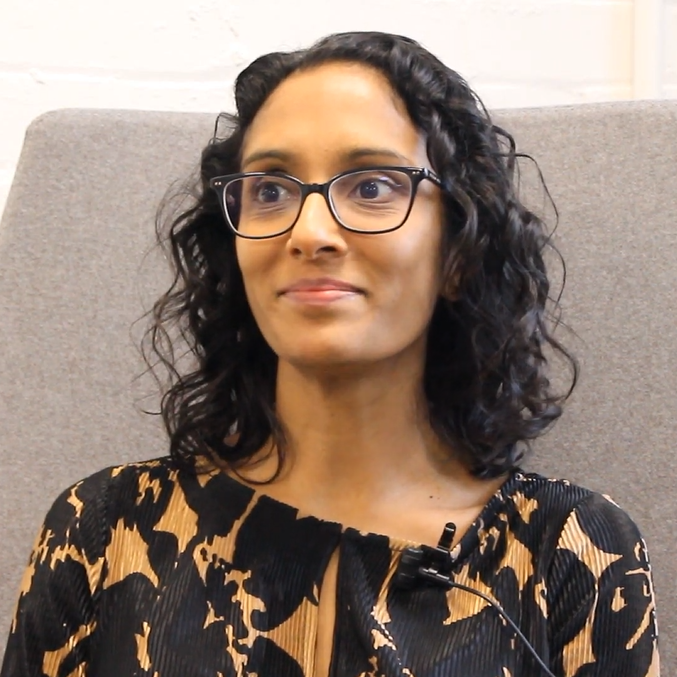
In this film donors talk about the side effects of the egg donation process, such as how it felt to inject, the physical and emotional challenges (including bloating, tenderness, hot flushes, lethargy, nausea and mood swings) and how they were managed.
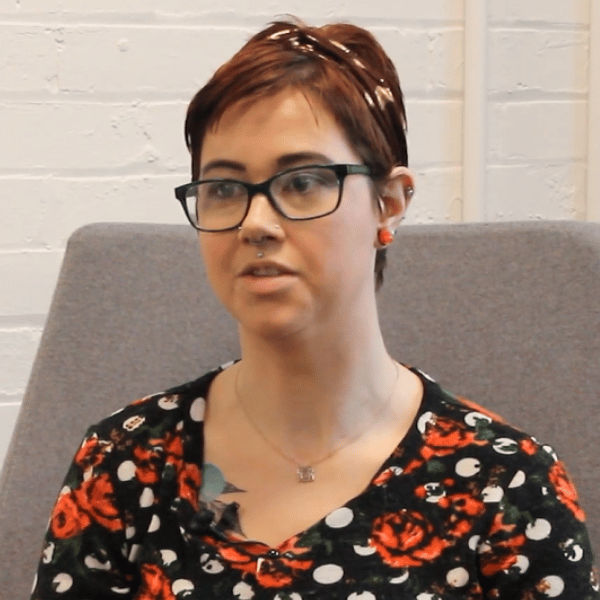
In this film donors discuss how it felt to inject in more detail, describing their initial anxiety and hesitation, how the thought of injecting was actually worse then the act of injecting itself, and the commitment required to build daily injections into everyday life.
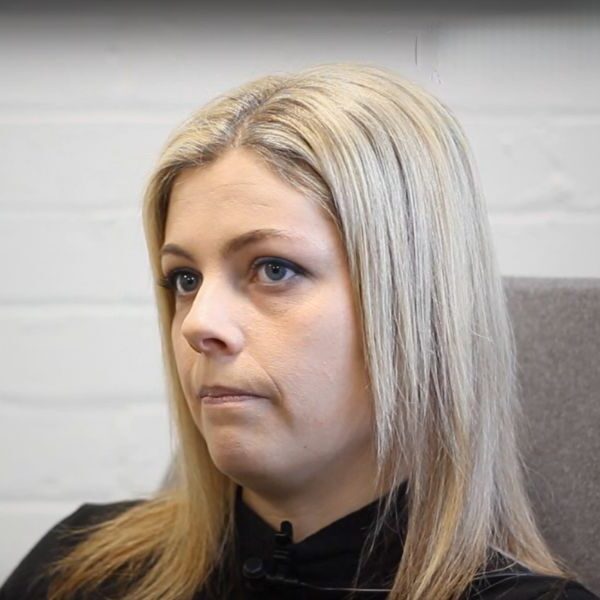
In this film donors share their views on why writing a letter to the donor conceived child is an important part of the egg donation process, putting themselves in the position of the donor conceived child and their want/need/right to know, feeling connected and making the experience more personal.
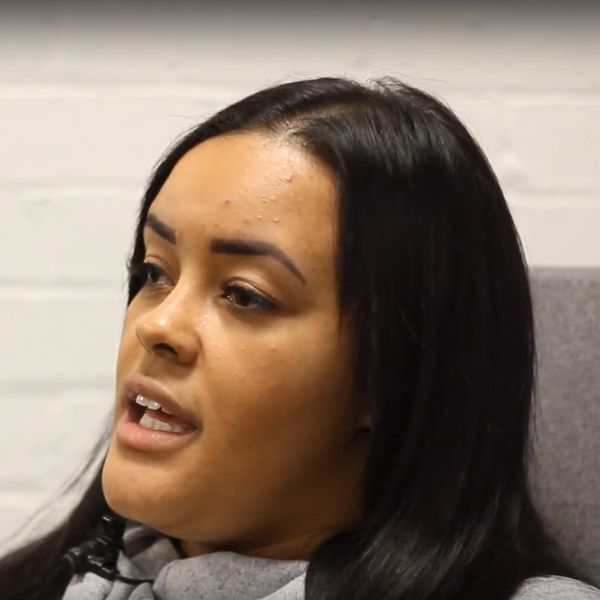
In this film donors discuss levels of compensation and what is was used for, including basic expenses such as travel, bills and time off work, as well as savings and leisure.
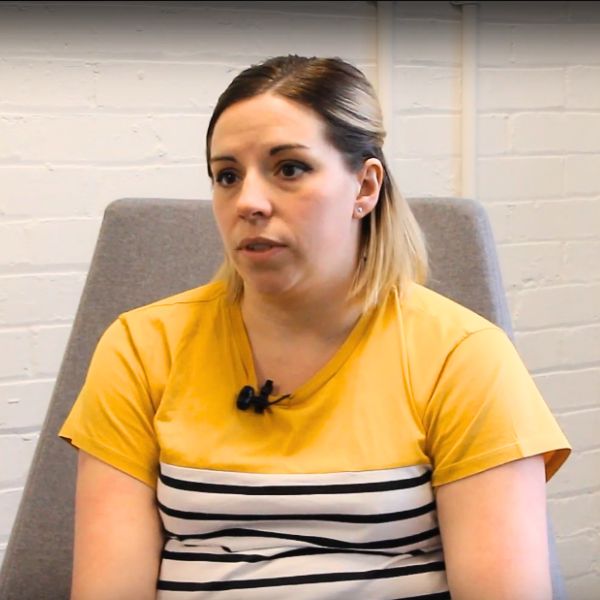
In this film donors discuss the possibility of being contacted by the donor conceived child once they reach the age of 18 via I.D. release and the different routes to donation (anonymous/known), donors felt that the option to make contact was positive for both the donor conceived child and themselves.
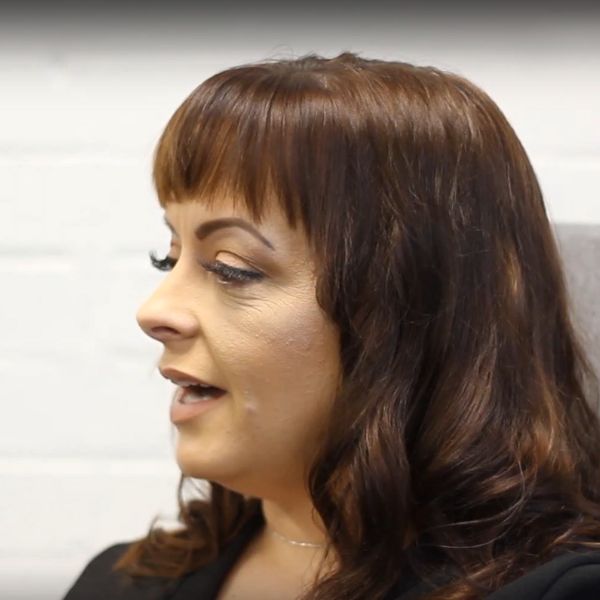
In this film, donors talk about their experiences of sharing their decision to donate with others, feeling supported, the importance of considering the implications of their own children and the opportunity to raise awareness and educate others.

In this film donors reflected on their experience of egg donation including the practicalities and physical and emotional challenges, and offered advice to anyone interested in finding out more about the egg donation process.


The HFEA has an extensive bank of information for those who are considering or have already donated sperm, eggs or embryos. We highly recommend you read the relevant information on their site before making your decision.
If you donated before 2005, you will have donated before the law change. As a result, your status is that you are an anonymous donor. If you donated before 1991, the HFEA will not have a record of you. If you donated between 1991 and 2005, the HFEA will have a record of you and a record of any outcomes, including children born and the sex and year of birth of these children.
UK law around donation changed in 2005. At DCN, we think this was a really positive move as we know many donor conceived people have questions around their genetic origins, not least around their medical history. If you donated in the UK before 2005, you can apply to the HFEA to change your status so you are identifiable. You would still be covered by all the relevant legal protections but it would enable any offspring to locate you. The HFEA and Donor Conceived UK are the best starting points if you think you would like to change your donation status from anonymous to identifiable. We are also happy to speak about the implications of this if helpful.
Be aware that in this age of people putting their DNA online, through sites such as Ancestry.com or 23andMe, that donor conceived people are making connections with genetic family, whether intentionally or accidentally. So even if you donated anonymously, there is a high chance that at some point someone in your family will connect with a genetic relative via DNA test. It can be very helpful for everyone to understand why seemingly incomprehensible connections has been made.
UK law changed on 1 April 2005 after which no one was allowed to donate anonymously. Therefore if you donated after this date, you will have donated as an ID release donor. This means any children created as a result of your donation will have the right to access information about you when they turn 18, if they wish to do so. This information will include your full name, your date of birth and your last known address.
You can also apply to the HFEA for information about any offspring born as a result of your donation. The HFEA can tell you: the number of children born; their sex; and their year of birth. . If you are wondering about what it might look like to make contact with offspring, do get in touch us or with Donor Conceived UK or the HFEA. The HFEA has specific information for your situation.
With more and more people using home DNA tests to find genetic family, those connections can be made at any point regardless of when you donated and what the law was at that point. So do be aware and make sure that you have open conversations in your family about the fact you’ve donated so that – if connections are made – people aren’t surprised or confused.
If you donated outside the UK, you will need to confirm with local legal frameworks and regulations. We are happy to connect donors with support organisations in the relevant countries if we can, so do get in touch if you want to know what organisations operate in your region. Check out our international links to find other organisations focused on donor conception issues across the world. You might also like to join our mailing list to stay up-to-date on issues around donor conception.
Our focus as a charity is very much around openness and making sure that everyone involved in the creation of a family is aware and knows what they need to know. We think that it’s important that close family members know that you donated and certainly that your partner and any children are aware. In our range of books for children we have six versions for donors – called My Story, My Gift – to help you explain to your own children. Although the story is designed for younger children, the book can be helpful in giving donors a framework for how they might talk to other, older members of their family.